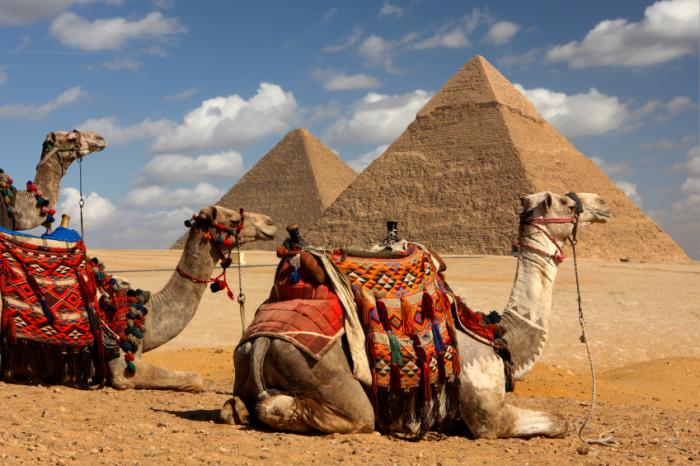Stamp: Bactrian Camel (Camelus bactrianus) (Bulgaria 2008)
Bactrian Camel (Camelus bactrianus) (Bulgaria 2008)
14 May (Bulgaria ) within release 120th Anniversary of Sofia Zoogarden goes into circulation Stamp Bactrian Camel (Camelus bactrianus) face value 0.35 Bulgarian lev
| Stamp Bactrian Camel (Camelus bactrianus) in catalogues | |
|---|---|
| Michel: | Mi:BG 4854A |
| WADP Numbering System - WNS: | WAD:BG019.08 |
Stamp is vertical format.
Also in the issue 120th Anniversary of Sofia Zoogarden:
- Stamp - Meerkat (Suricata suricata) face value 0.55;
- Stamp - White-headed Marmoset (Callithrix geoffroyi) face value 0.10;
- Stamp - Hippopotamus (Hippopotamus amphibius) face value 0.20;
- Stamp - Meerkat (Suricata suricata) face value 0.55;
- Stamp - Bactrian Camel (Camelus bactrianus) face value 0.35;
- Stamp - Blue-and-yellow Macaw (Ara ararauna) face value 0.60;
- Stamp - Eurasian Lynx (Lynx lynx) face value 1;
|
Data entry completed
80%
|
|
|---|---|
| Stamp Bactrian Camel (Camelus bactrianus) in digits | |
| Country: | Bulgaria |
| Date: | 2008-05-14 |
| Size: | 32 x 41 |
| Emission: | Commemorative |
| Format: | Stamp |
| Face Value: | 0.35 Bulgarian lev |
Stamp Bactrian Camel (Camelus bactrianus) it reflects the thematic directions:
A camel (from Latin: camelus and Greek: κάμηλος (kamēlos) from Ancient Semitic: gāmāl) is an even-toed ungulate in the genus Camelus that bears distinctive fatty deposits known as "humps" on its back. Camels have long been domesticated and, as livestock, they provide food (camel milk and meat) and textiles (fiber and felt from camel hair). Camels are working animals especially suited to their desert habitat and are a vital means of transport for passengers and cargo. There are three surviving species of camel. The one-humped dromedary makes up 94% of the world's camel population, and the two-humped Bactrian camel makes up 6%. The wild Bactrian camel is a separate species and is now critically endangered.
Animals are multicellular, eukaryotic organisms of the kingdom Animalia (also called Metazoa). All animals are motile, meaning they can move spontaneously and independently, at some point in their lives. Their body plan eventually becomes fixed as they develop, although some undergo a process of metamorphosis later on in their lives. All animals are heterotrophs: they must ingest other organisms or their products for sustenance.
An anniversary is the date on which an event took place or an institution was founded in a previous year, and may also refer to the commemoration or celebration of that event. For example, the first event is the initial occurrence or, if planned, the inaugural of the event. One year later would be the first anniversary of that event. The word was first used for Catholic feasts to commemorate saints. Most countries celebrate national anniversaries, typically called national days. These could be the date of independence of the nation or the adoption of a new constitution or form of government. The important dates in a sitting monarch's reign may also be commemorated, an event often referred to as a "Jubilee".



